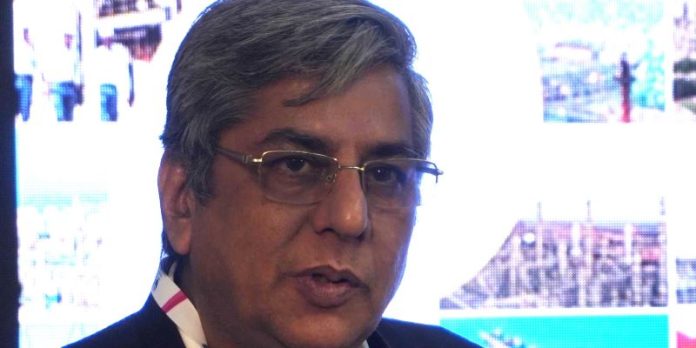RIL Converts 2 Billion Waste PET Bottles Into Fabric
Alternative materials to plastics come at higher environmental costs, says Reliance top official.
HYDERABAD, Aug 6 (The CONNECT) – Alternative materials to plastics come at higher environmental costs, observed Rajesh Gauba Senior Vice President, Reliance Industries Ltd.
Speaking on Mission Impossible at a day-long technical seminar on Plastic Packaging Sustainability organised in conjunction with the ongoing 4-day HIPLEX 2023, Gauba said many studies indicated that the alternatives are not that cheap. Many studies indicated that the alternatives are not that cheap. That is because plastics are processed at lower temperatures than other alternatives being explored.
It hurts when people say that plastics kill, Gauba said. The problem is not with plastics but with the waste management, he said and argued that the plastic industry needs to act and correct the perception that plastic is harmful to the environment.
Reliance has developed an innovative product for hard-to-recycle end-of-life plastics called ReRoute, which is used in preparing roads. Reliance has collaborated with India’s CSIR-National Chemical Laboratory (CSIR-NCL) to recycle COVID-19 PPE waste. RIL prepared 52 km of in-house roads at its sites, he informed.
Experts in the industry said that Reliance is coming up with a new road project to tackle plastic pollution. It is also informed that RIL converted over 2 billion waste PET bottles into fabric. The company also recycled plastic wastes into items like spectacles, park benches and fishnets.
“Plastics are indispensable. There is a bit of plastic everywhere. Plastics actually save lives,” he said.
He explained that many medical equipment are plastics. Plastics are relied upon to create syringes, surgical gloves, inulin pens, catheters, IV tubes, and other medical components intended for one-time use. The easy availability of plastic helps to eliminate the need to reuse and sterilize a device. This helps to control the spread of diseases.
“Society should have a balanced view of plastics. Plastics are indispensable for their properties and lower carbon footprint. Circularity is a new mantra. The industry must educate the masses about the same that plastics actually save lives,” he said.
The Indian recycling rates are the best in the world, he said. The recycling content demand is expected to reach 5.8 M MT in the year 2030. The plastics processing capacity will rise four times in the next 20 years. Without plastics, the world will not survive, he said.
There is a need for a global approach to address the challenge through the ILBI(International Legally Binding Instrument (UN Convention on the Law of the Sea), he said
Many speakers who spoke said that India generates around 3.4 million tonnes (MT) of plastic waste and 30 percent of it is recycled. There is a lot of scope for recycling in India.




